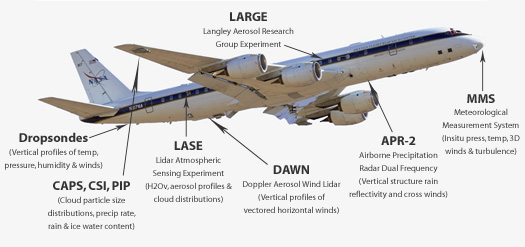Payload

In aviation, payload refers to the total weight of passengers, cargo, baggage, and other items an aircraft carries during flight, excluding the aircraft's own weight and fuel.
Here's a more detailed breakdown:
Definition:
Payload is the weight of everything an aircraft carries that serves the purpose of the flight, including passengers, crew, baggage, and cargo.
Purpose:
It represents the combined mass that the aircraft is transporting, excluding the weight of the aircraft itself.
Calculation:
To determine payload, you subtract the aircraft's empty weight (including crew, fluids, and fixed equipment) and usable fuel from the aircraft's maximum allowable gross weight.
Importance:
An aircraft's payload capacity is a major factor in its efficiency and profitability, particularly in commercial and cargo operations.
Related Terms:
- Useful Load: This includes payload plus usable fuel.
- Maximum Takeoff Weight (MTOW): The maximum weight an aircraft is certified to take off at.
- Maximum Landing Weight (MLW): The maximum weight an aircraft is certified to land at.
Payload capacity
refers to the maximum weight of passengers, cargo, baggage, and other items an aircraft can safely carry during flight.
